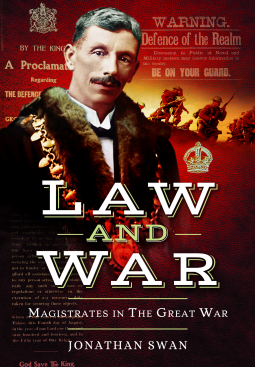 |
The PlantPure Nation Cookbook
by Kim Campbell ISBN-13: 9781940363684 Paperback: 319 pages Publisher: BenBella Books Released: March 24, 2015 |
Source: Bought through Amazon.
Book Description, Modified from Goodreads:
The PlantPure Nation Cookbook brings the powerful, science-based approach to nutrition from the movie to your kitchen with some of the same mouthwatering recipes that kick-started the revolution, promoting the health benefits of a whole food, plant-based diet.
Author Kim Campbell is the wife of PlantPure Nation Executive Producer and Director Nelson Campbell and daughter-in-law of Dr. T. Colin Campbell, coauthor of The China Study and father of the modern plant-based nutrition movement. She is also a culinary contributor, recipe developer, and cooking instructor at Campbell Wellness, a health and wellness business. In PlantPure Nation Cookbook, she shares more than 150 extensively tested, 100% plant-based recipes that she has created and cultivated over 25 years of vegan cooking.
With a foreword by Dr. Campbell, The PlantPure Nation Cookbook is also filled with tips, tricks, and grocery lists for people interested in a whole food, plant-based diet.
My Review:
I've now tried about 15 of the recipes from the The PlantPure Kitchen by Kim Campbell. All of them turned out well and were so tasty that I didn't miss the meat, dairy, eggs, or added fat. My dad, who enjoys meat, agreed to go vegan for 10 days to lower his cholesterol. He discovered that he enjoyed these recipes so much that he's willing to eat them whenever we make them. So we decided to buy the author's other cookbook.
The PlantPure Nation Cookbook is a whole food, plant-based (vegan) cookbook containing 150 recipes. Again, this would be a good cookbook for someone new to cooking vegan meals from scratch. The author provided cooking tips and most of the recipes were pretty simple to do. She does use gluten-containing grains and tree nuts in some recipes.
The author described plant-based substitutes so you can convert regular recipes. There were also short educational articles (usually relating to the movie) at the end of most sections.
There were pictures of the finished product for each recipe, and they looked very tasty (which I can't always say about vegan foods). I've made several of these recipes now, and they're as tasty as the recipes I've tried from her other cookbook. They're full of flavor and have nice textures. There are times I think "that combination of foods doesn't sound yummy" yet it always turns out well. Overall, I'd recommend this cookbook to those interested in adding more whole-food, plant-based meals to their diet.
If you've read this book, what do you think about it? I'd be honored if you wrote your own opinion of the book in the comments.
Excerpt: Read an excerpt using Google Preview.






